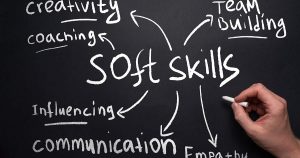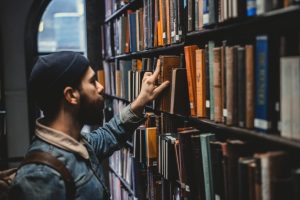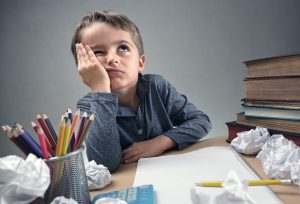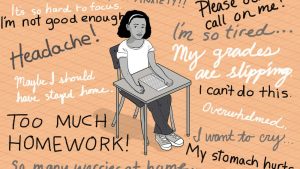Pakistan is witnessing a transformative shift in its education system. Schools across the nation are reimagining the way students learn. Beyond the traditional memorization approach, teachers are embracing creative strategies to instill a love for learning, critical thinking, and adaptability. This shift aims to make education more engaging, meaningful, and applicable to the real world. In this article, we’ll explore some of the key initiatives that are revolutionizing education in schools, with a particular emphasis on fostering vision, promoting innovation, and honing essential skills.
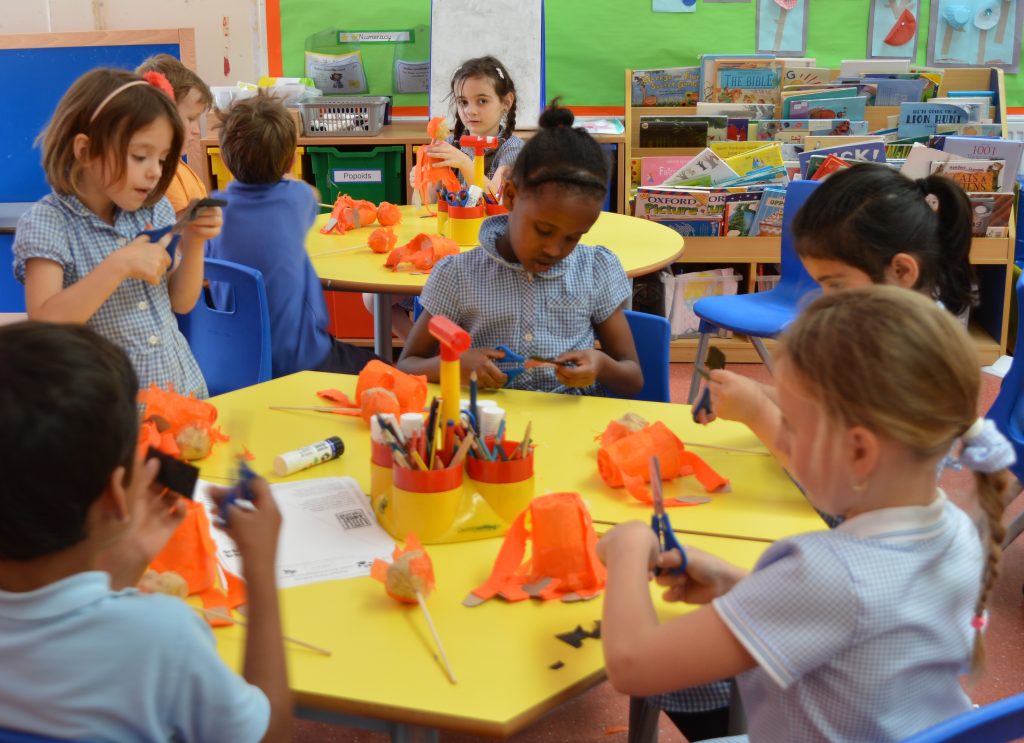
Project-Based Learning
Traditionally, rote memorization has dominated the education system of Pakistan. However, a shift towards project-based learning is gaining momentum. This approach emphasizes practical application over memorization, encouraging students to engage with the educational material actively. For example, students might collaborate on projects that solve real-world problems, fostering critical thinking and problem-solving skills.
One such initiative is the introduction of science fairs in schools. Students are encouraged to conduct experiments, create models, and present their findings. This hands-on experience not only makes learning more enjoyable but also instils a deeper understanding of scientific concepts.
Technology Integration
In an era of rapid technological advancement, integrating technology into the classroom has become a game-changer. Many schools in Pakistan are embracing this trend, providing students with access to digital resources, interactive learning platforms, and educational apps.
Tablets and computers are being used to supplement traditional teaching methods. This not only makes learning more engaging but also equips students with digital literacy skills essential for the modern world. Initiatives like the provision of smart classrooms and online educational resources are gradually becoming more widespread, ensuring that even schools in remote areas can benefit from the advantages of technology.
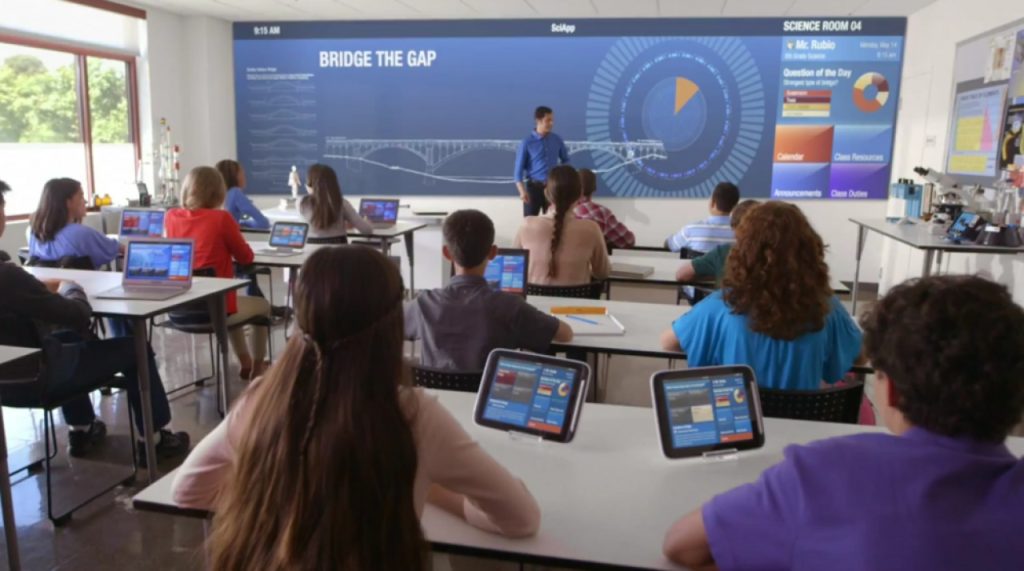
Smart classrooms equipped with audio-visual devices are changing the dynamics of traditional teaching. Students can now visualize complex concepts, conduct virtual experiments, and interact with the course material in ways that were previously impossible. It not only makes learning more interesting but also prepares students for the digital age.
Inclusive Education
Recognizing and accommodating diverse learning styles is a key aspect of the evolving education system in Pakistan. Inclusive education goes beyond conventional teaching methods and embraces the unique strengths and challenges of each student.
Schools are implementing strategies to cater to students with different abilities, ensuring that education is accessible to all. This includes specialized training for teachers to address the needs of diverse learners and the creation of inclusive learning environments. This approach is not only encouraging a sense of belonging among students but also breaking down societal barriers. It sends a powerful message that every child matters and has something valuable to contribute.
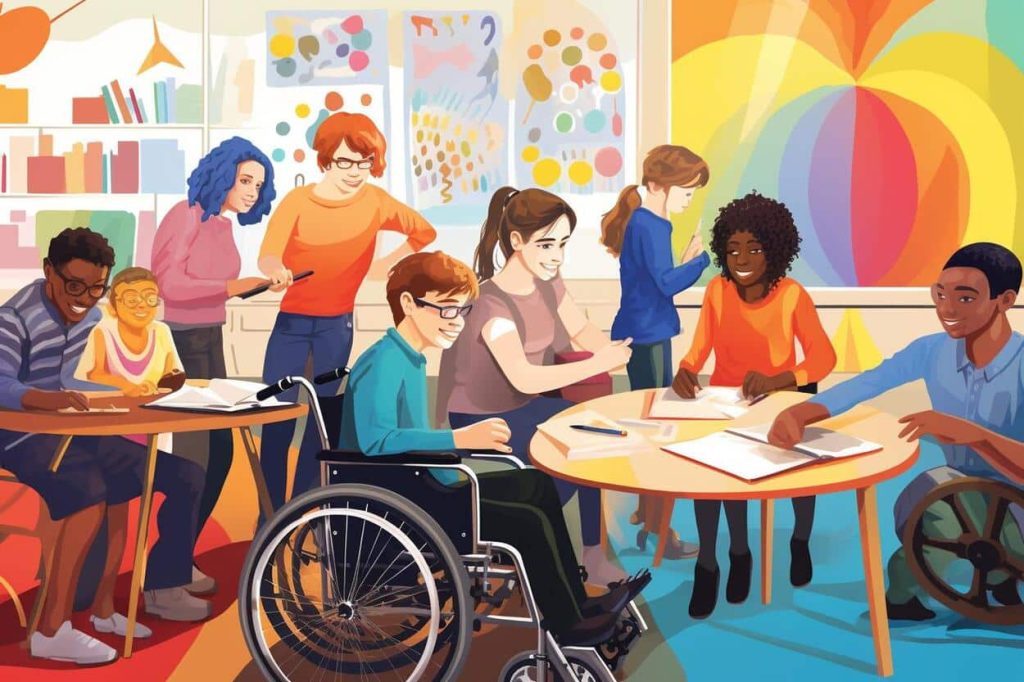
Creative Arts and Expression
Education is not just about academic subjects; it’s about nurturing the whole individual. Art, music, and drama are gaining prominence in schools as educators recognize the crucial role of creative expression in the development of a child. Schools are integrating creative arts into the curriculum to provide students with a well-rounded education.
Artistic endeavors not only enhance self-expression but also contribute to the development of critical skills such as communication and collaboration. Initiatives like school plays, art exhibitions, and music programs are giving students the opportunity to explore and showcase their talents, fostering a sense of pride and accomplishment.
Outdoor and Experiential Learning
Learning is not confined to four walls of an educational institution. Some schools are expanding the horizons of education by incorporating outdoor and experiential learning. Field trips, nature walks, and outdoor activities are being incorporated into the curriculum to provide students with a holistic learning experience.
These initiatives not only make learning enjoyable but also connect students with the world outside textbooks. Whether it’s a visit to a historical site, a science museum, or a botanical garden, these experiences not only enhance academic understanding but also stimulate curiosity and a love for learning.
Shaping the Future of Learning
The revolution in education is about more than just changing teaching methods – it’s about shaping the future of learning. These initiatives are not complex or out of reach; they are simple yet powerful steps toward a more engaging and effective education system.
By focusing on project-based learning, integrating technology, promoting inclusive education, nurturing creative expression, and embracing experiential learning, schools are paving the way for a generation of students who are not just knowledgeable but also adaptable, creative, and ready to face the challenges of the future.
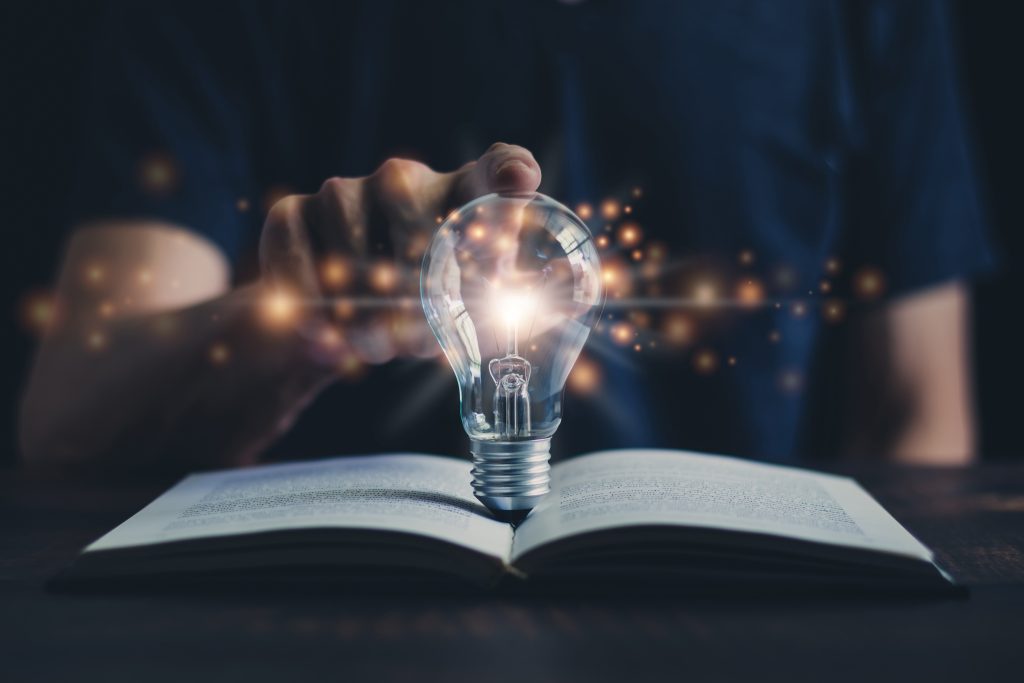
This shift in education is a testament to the belief that learning should be a joyous and empowering experience for every child. As these creative approaches continue to evolve, the landscape of education in Pakistan is transforming, and the future looks brighter than ever.
Disclaimer: Any opinions expressed in this article do not necessarily reflect the opinions of the Pakistan Education Review. This content is meant for informational purposes only.
